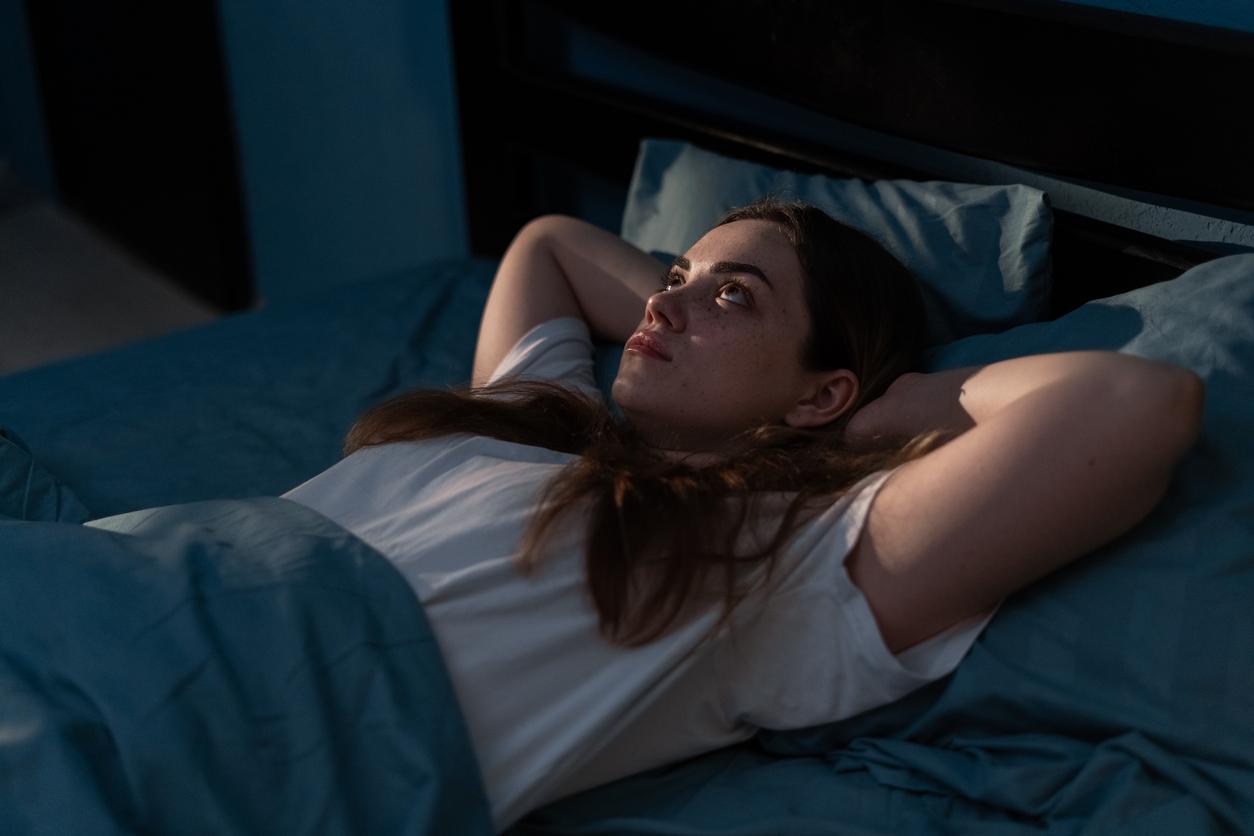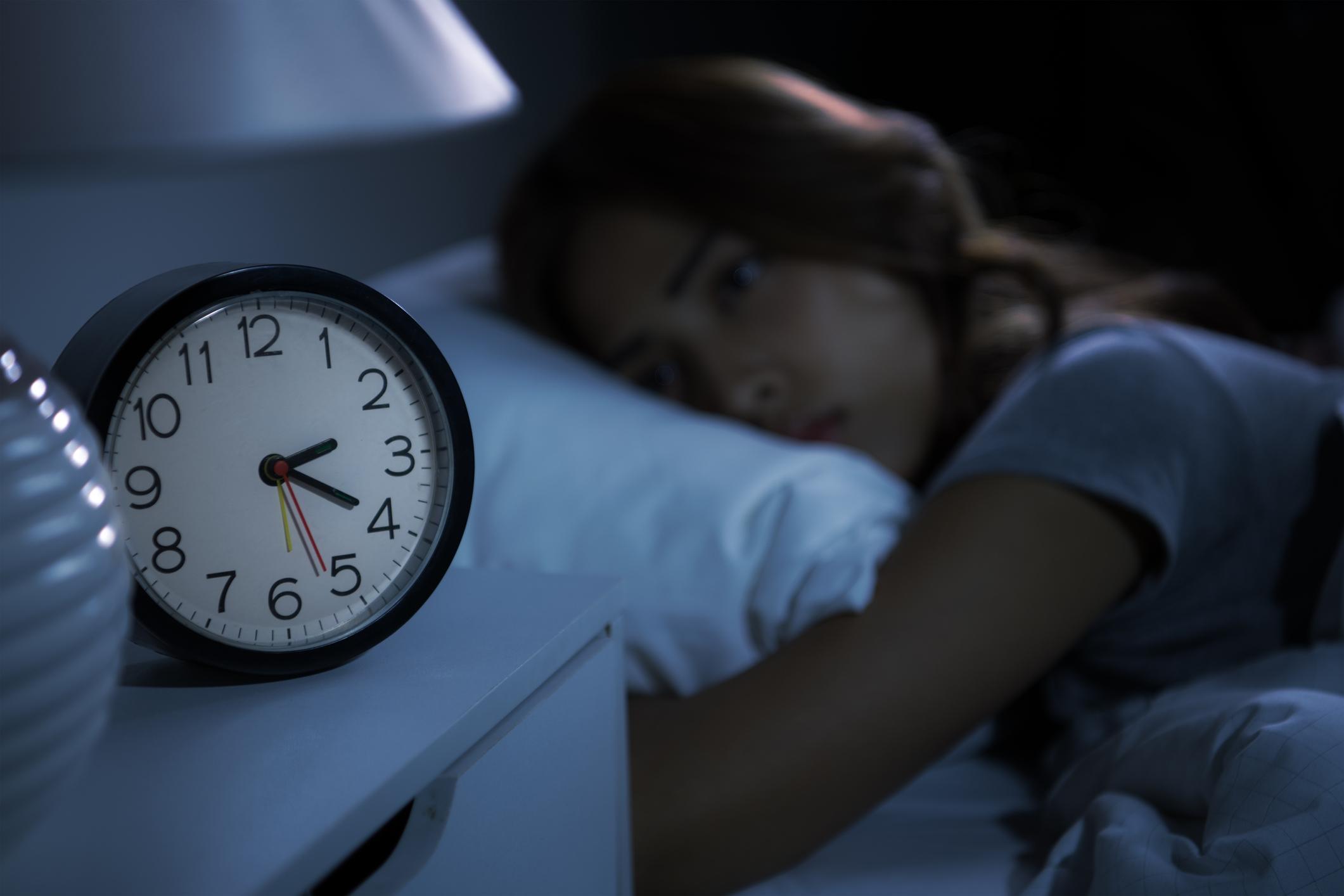If you are keen on series, avoid watching too many episodes in a row. This habit would promote sleep disorders.

Come on, one last for the road! Any self-respecting television series fan knows how addicting this type of entertainment can quickly become. Especially since the advent of sites like Netflix which delivers all the episodes of a new season in one go. And what could be more enjoyable after a hard day’s work than to lounge on your sofa while chaining the episodes? But the habit could affect the quality of your sleep, scientists warn in a new study published in The Journal of Clinical Sleep Medicine.
“Binge-watchers”
To reach these conclusions, the researchers surveyed 420 young adults between the ages of 18 and 25 and asked them how often they watch series, but also the quality of their sleep.
While 80% of them identified themselves as “binge-watchers”, in other words as heavy series consumers, 20% said they watched several episodes in a row of the same series at least several times a week on their website. television or computer screen. According to the researchers, the vast majority (98%) of these “binge-watchers” would be more prone to insomnia and more likely to maintain poor quality sleep, compared to those who do not watch (or very little) series. .
The plot of a (good) series interferes with sleep
“We have found that the more these young adults watch series, the more their level of arousal increases, which ultimately affects the quality of their sleep and promotes insomnia and fatigue,” reports Liese Exelmans, lead author of the study. “Good shows often have an interesting narrative structure and the viewer is completely immersed in the story. So they want to see what’s next. This excitement, if it comes in the evening shortly before bedtime, slows down the process. process during which the brain prepares for sleep, which will affect sleep, “said Jan Van den Bulck, co-author of the study and professor at the University of Michigan (United States). Who would have thought that even the series should be consumed in moderation?
Risk of onset of sleep disorders in the years that follow
This study is not, however, the first to point out the harmful effects of such an activity. In 2013, a New Zealand study found that watching TV 90 minutes before bedtime makes it harder for a child to fall asleep. A result that does not surprise Sylvie Royant-Parola, psychiatrist and head of a sleep exploration center at the Garches clinic. “Many studies have been carried out on the negative impact of television when it is watched too late at night,” explains the specialist and president of the Morphée network in Ile-de-France. With an exposure of at least 3 hours per day around 14 or 16 years of age, there is a risk of the appearance of sleep disorders in the years that follow, ”explains the doctor.
.














